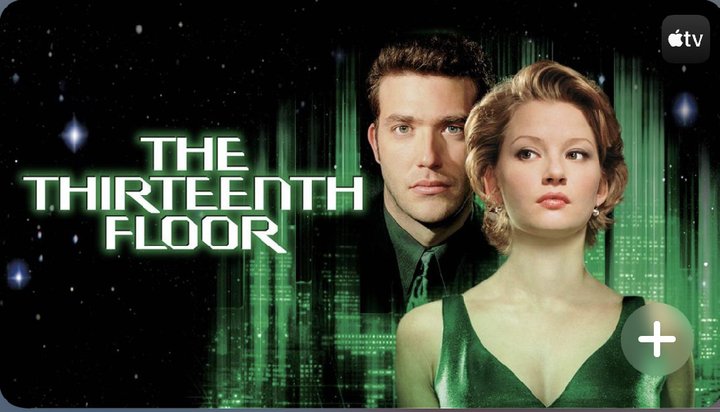Quite possibly the greatest book ever written on the subject of turtle stacking.
— Lisa Simpson on Yertle the Turtle by Dr. Seuss
###
You may have heard the story about the Western astronomer who was visiting India, giving talks around the country on the state of cosmological science. At the close of one of his lectures, an old lady stood up and said, “Actually, the earth is supported on the back of a giant turtle.” The astronomer was taken aback, but stepping up to the plate, responded, “I understand, madam, but can you tell me what the turtle is standing on?” to which the lady said, “Another turtle, of course.” Taking a deep breath, he replied, “Well yes, but…” “It’s no good, sonny,” she interrupted. “It’s turtles all the way down!”
The story has been repeated so often by, or with reference to, so many famous people — Bertrand Russell, Linus Pauling, Carl Sagan, Justice Antonin Scalia, Stephen Hawking — that it’s acquired a life of its own. The Turtle Problem is now routinely used as shorthand for the philosophical notion of infinite regression. I’ve seen it cited in reference to such issues as “the policing problem” (Who polices the police…and who them?…) and Intelligent Design (If the world is so complicated that it took God to create it, who created God?…and etc.)
I was reminded of this trope watching an old sci-fi neo-noir movie last week (my wife was out of town, what’s a guy going to do to amuse himself?). The Thirteenth Floor is so clunky, I don’t think I’ll be giving much away if I say that the protagonist, who helped create a simulation of LA in the 1930s (think mayhem and murder) believes that he’s living in the present (i.e. 1999, when the movie was made) before discovering that his 1999 self is a simulation. He — his consciousness — dies in that world, and “he” reawakens in a Technicolor 2024, to be greeted by the actual flesh-and-blood folks who created his sim.
Now where have I seen that green sheen before? (Lo-res movie poster, fair use.)
Sound familiar? It’s The Matrix, only cheesier. Oddly, both movies were up for the Saturn Award for Best Science Fiction in 2000, but The Matrix, deservedly, won. (If The Matrix hadn’t won, maybe the Wachowski brothers/sisters wouldn’t have ruined it all by making the two inferior sequels.) Both movies invite — practically scream at you with — The Question: If you discover that you’re in a simulation, how do your creators know if they’re ”real” or whether they’re in a simulation themselves? And on and on, turtles all the way up.
Can The Turtle Problem also be applied to consciousness? I’ll be sitting quietly, thinking, “Hmm, here I am, sitting here, staring at a wall.” Then comes, “Who is having this thought?” ( — a standard technique in some forms of meditation). Followed, instantly it seems, by, “Who is having the thought, ‘Who is having this thought?’ ?” And before you can say infinite regression, my mind’s off and running down mirrored corridors, bouncing the question (as I imagine) between the twin hemispheres of my brain.
Suppose we allow that when we notice that we’re thinking, we’re having a ‘meta-thought’, and that this meta-thought is somehow more ‘real’ than the original thought. So the next thought, the thought about the meta-thought (the ‘meta-meta-thought’) is presumably closer yet to reality. At what point do we get to reality itself?
Can we ever experience the world (including ourselves in it) as it really is? As the memsaab might have said, “It’s no good, sonny. You’re deluded every which-what way. You’re better off with turtles.”

CLICK TO MANAGE